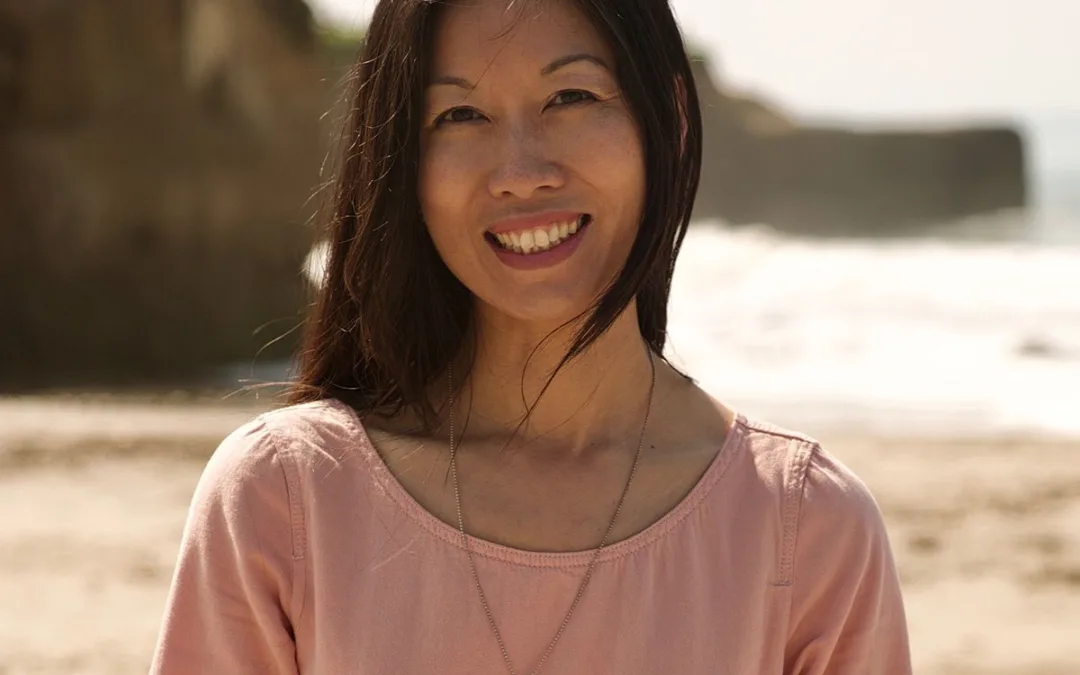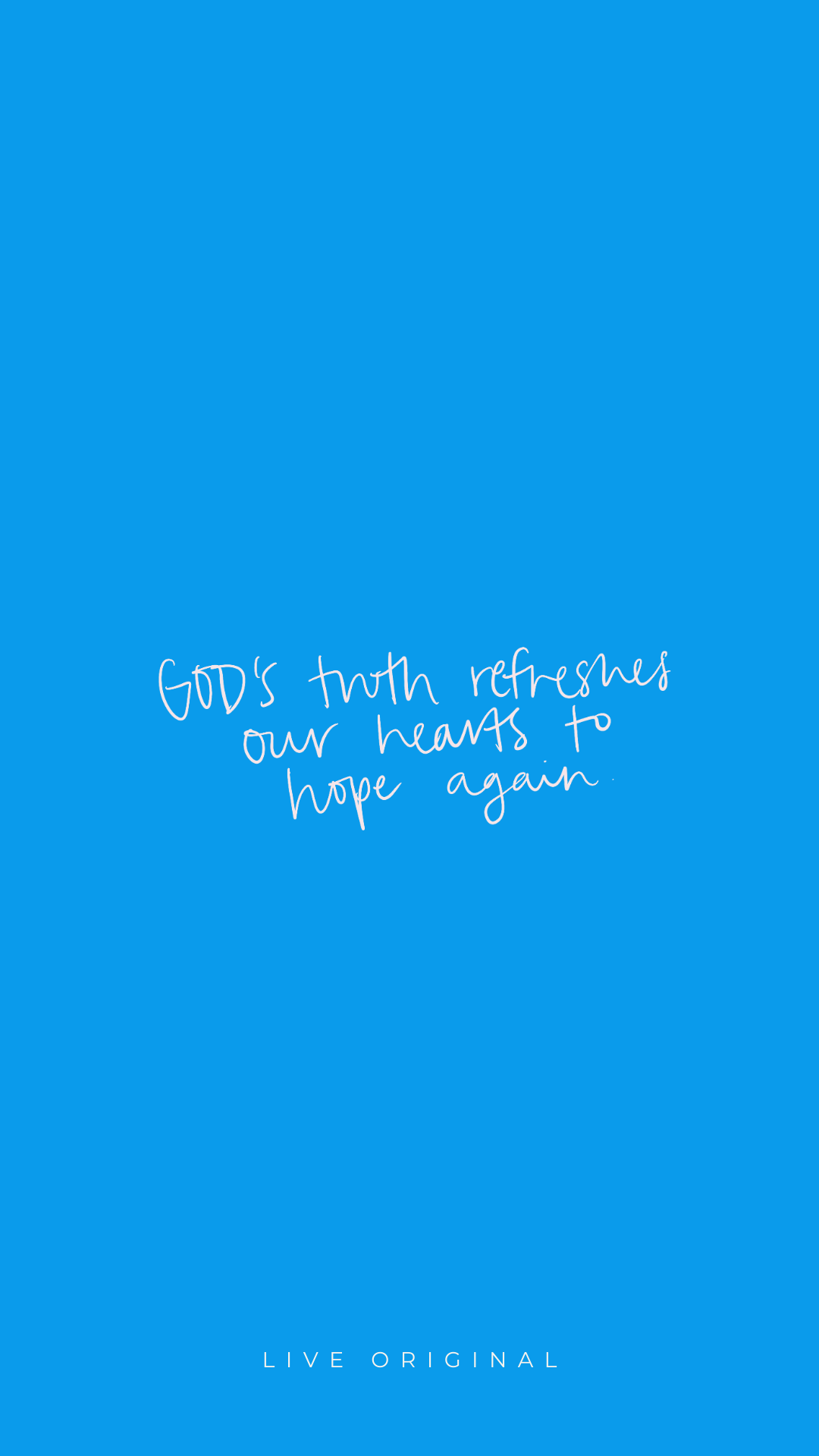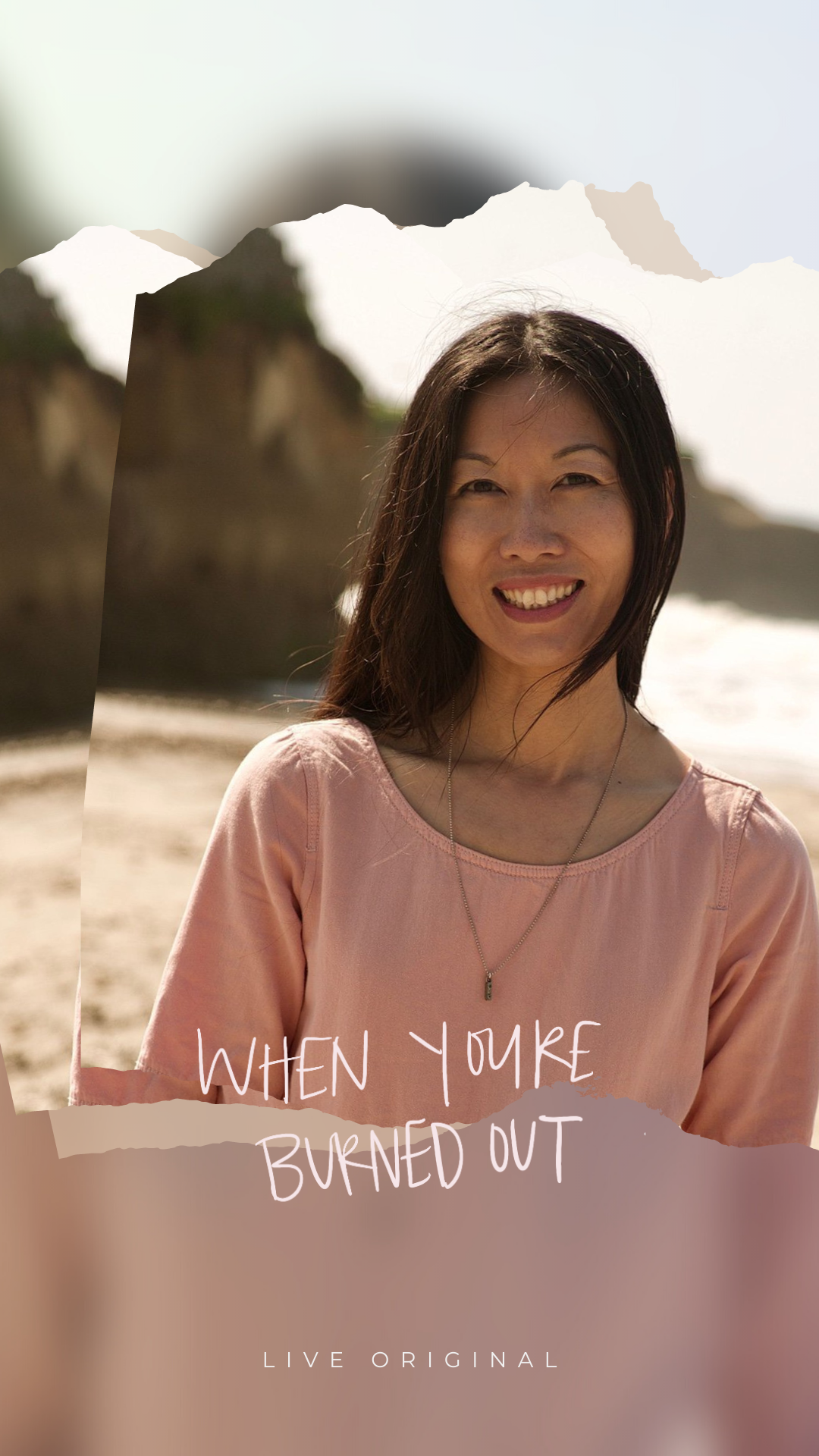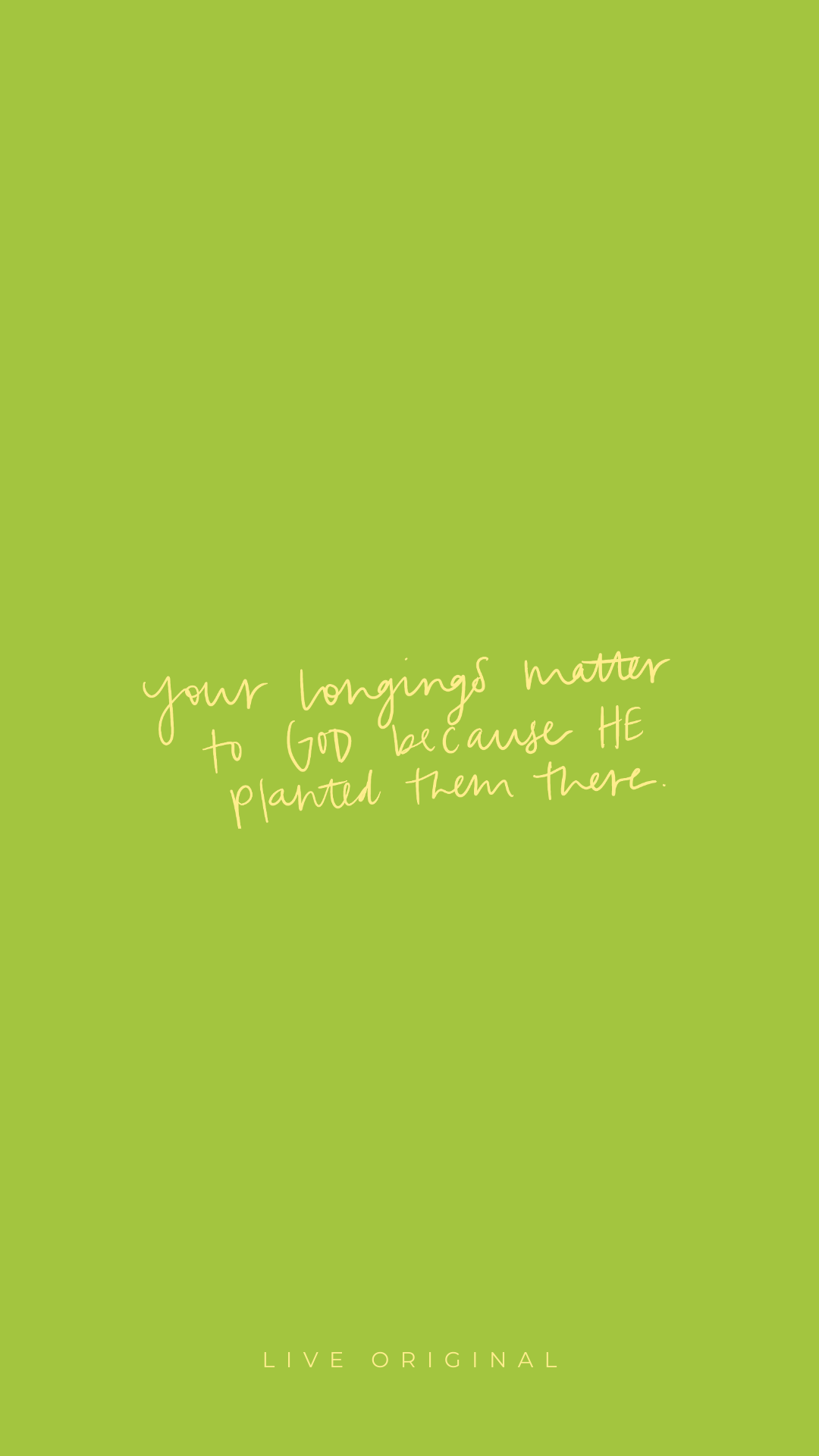
When You’re Burned Out
I stared at the shower floor in shock. Dozens of long strands of hairs were swirling around the drain. What was going on?
All my life, hairstylists were wowed by my thick black hair, but now it seemed I was losing it all. At first I thought it was just a phase my body was going through, similar to the hair loss most women experience after having a baby. But as I started stretching out the days between washings, trying to preserve the hair I still had, I became ever more discouraged—and fearful. What was happening to me?
My hair loss started during the first year of the coronavirus pandemic. When shutdowns began that spring, I figured—as so many of us did—that the world would return to normal in the fall. These months were just a brief interruption to our normal routine. By September, surely, my kids would be back in school and I could complete the manuscript I was working on.
How wrong I was. I struggled to get into a soulful space to write while my mind was preoccupied with the ever-worsening horrors in the news. Meanwhile, I could barely think above all the kid activity (aka racket) in the background. Life became a revolving door of hats I wore throughout the day—youth counselor, cheerleader, referee, first-time homeschool teacher, short-order cook, personal shopper, and everything else under the sun.
My priorities were my kids and my husband. Me? I’ll figure that out later.
But as weeks turned into months, my emotional reserves, once filled with optimism, started thinning…and so did my hair. The more stress I felt, the more hair I seemed to lose. Something had gone deeply wrong. I had hit burnout.
Burnout is chronic stress that comes from working too hard for too long without downtime. It comes from doing things you don’t enjoy without any space for the activities that fill you up. When that stress goes ignored, your body lets you know! Burnout results in extreme exhaustion, irritability, and a lack of motivation or productivity. It can lead to chronic anxiety and depression.
Is your optimism gas tank flashing “empty” on your body’s wellness dashboard? God designed our bodies to alert us when we’ve been stretched too thin. By neglecting my physical health, I was living like a person without God’s care, without hope.
What I needed was hope. Optimism is imagining how circumstances will get better, but hope is seeing God’s love and care in the midst of bad circumstances. Hope is the refuge we find in times of uncertainty when optimism runs dry.
So what could I do differently if I chose to hope again under God’s care? I needed to believe I was worthy of feeding my soul and caring for my body, even if it meant I had to change my expectations of myself. I couldn’t keep waiting to pursue the desires God had put on my heart until life returned to normal. I needed to prioritize my well-being in my messy now.
Do you find yourself putting things that are meaningful to you on hold when life gets stressful? God does not consider your desires trivial. Your longings matter to God because he planted them there. He can rescue you from burnout.
Hope deferred makes the heart sick, but a longing fulfilled is a tree of life (Proverbs 13:12).
Heartsickness spells burnout. Burnout happens because you feel everything is on your shoulders and there is no room for your desires. When you feel there is no hope for you or the situation you’re facing, you don’t make space to laugh, meet up with friends, buy new clothes, go to the doctor for a checkup, have a date night, eat fruit, or stay hydrated. Because you fear fail- ing those who rely on you, you figure the best you can do is to disappear emotionally and keep holding up the fort at all costs to you personally. But even if you double down on your efforts to achieve and provide, you’ll still have to confront the spiritual exhaustion that comes with burnout.
God gave us longings as the antidote to burnout. Desire will draw you out to enjoy the things that help you come alive. God planted that idea, dream, or hobby interest in you, because seeing your face light up with delight brings him delight. God longs to see hope renewed in you!
As I asked God to renew my hope, I asked myself, How can I live in hope? Rather than waiting until circumstances got better, until life was free of worry and anxiety, I realized God wanted me to take control of my well-being now, right in the midst of the hard. If you share this same desire, I’d like to share three changes that helped me. I know they will help you too.
My first change was nutrition. I needed to eat better. Because I was trying to squeeze in writing whenever I had time, I was skipping lunch and eating odds and ends. Eat lunch, Bonnie! You need protein. Do you skip meals trying to get more done? Maybe like me you automatically reach for sweets, coffee, or food on the run, figuring you’ll eat well later. But you forget to take in nutrients that will fuel you for the day ahead. That’s what got me in trouble with my hair loss.
Research shows that eating adequate protein is important for hair growth. If our body lacks sufficient fuel, our hair follicles may be the first organs to shut down to conserve energy. When we deprive our body of a particular food, the nutritional deficiencies can lead to hair loss.
Second, I needed to face my fears and embrace my limits. Even though I was afraid of falling short, I had to ask my editor for an extension on my manuscript deadline. Despite all the worst-case scenarios playing out in my head, I asked for the time I needed—and received it!
What is one thing you need to ask for? Or decommit from? Why are you afraid? Research shows that when we avoid people, places, or events to temporarily escape feelings of dread, we actually increase anxiety and reinforce our fears. This is called avoidance anxiety. Studies show that when you do the thing you fear, regardless of the outcome, you lower the stress hormone cortisol. Cortisol keeps you awake at night, causes muscle tension, a fluttering heartbeat, and raises blood pressure. As you address your fears, you lower cortisol and restore calm.
Third, I replaced neglect with nurture. I began to nurture hope throughout my day by doing something that fed my soul. After making the two changes above, I felt less stressed.
That’s when an idea hit me. I love being in nature, so I packed up my lawn chair and a thermos of tea and started writing under a tree. To my surprise, the words began to flow. Doing something that fed my soul during the day relieved my urge to stay up too late at night. And getting good sleep definitely helps with feeling hopeful! When our mind relaxes, we can get inspired with new ideas to address our stress. Then sparks of hope reignite.
To hope again is to believe God will help us.
Is your soul missing hope too? When we hit the wall of our limitations, God gathers us in his arms to say, “There is a better tomorrow for you.” It might seem easier to just stay in survival mode, but God’s truth refreshes our hearts to hope again.
Hope gives us permission to do things differently and to believe God will be faithful.
Bonnie Gray is the author of Breathe: 21 Days to Stress Less and Transform Chaos to Calm, Whispers of Rest, Finding Spiritual Whitespace and Sweet Like Jasmine. An inspirational speaker and podcast host of Breathe: The Stress Less Podcast, Bonnie touches thousands of lives using storytelling, soul care, and prayer. Bonnie’s global following of readers come to her for inspiring Christian content in her authentic, unique voice. Her writing has been published and syndicated across a broad online audience. Bonnie lives in California with her husband and two sons.
Keep up with Bonnie on Instagram @thebonniegray.

















